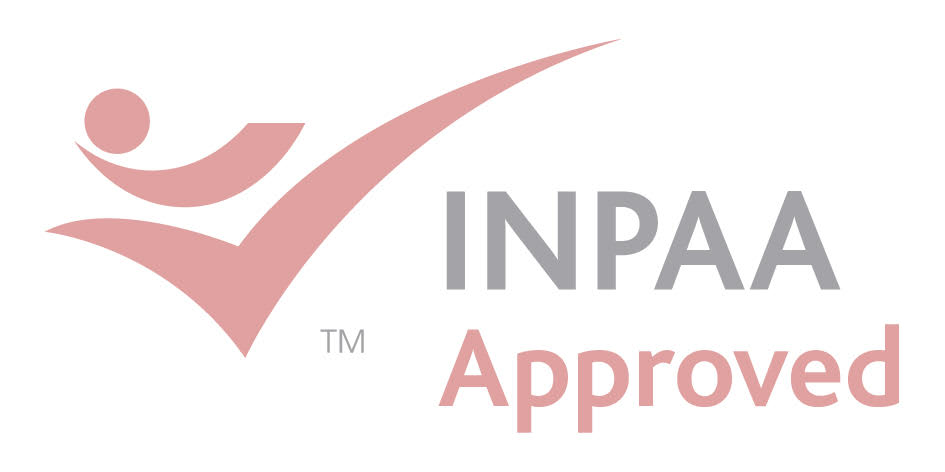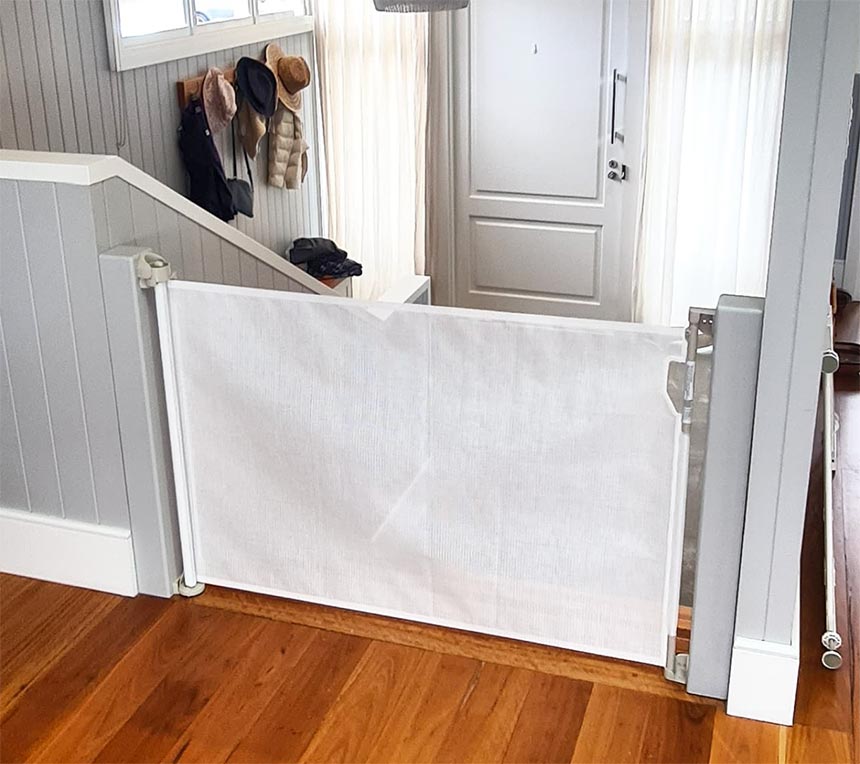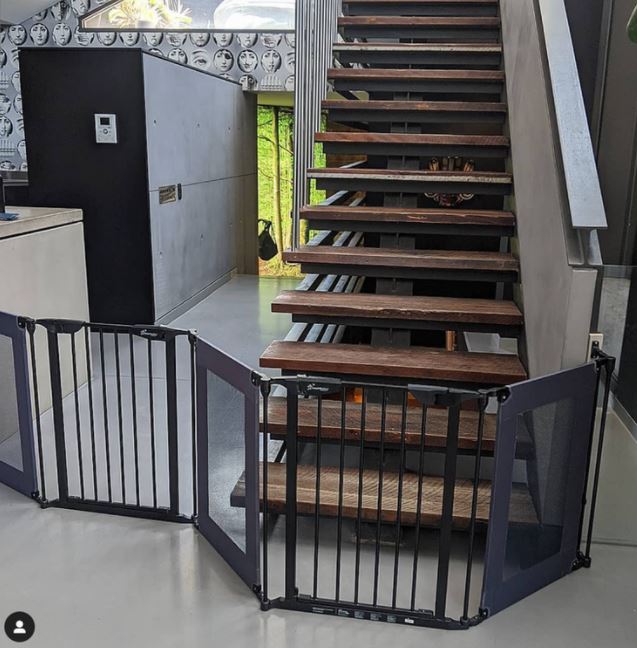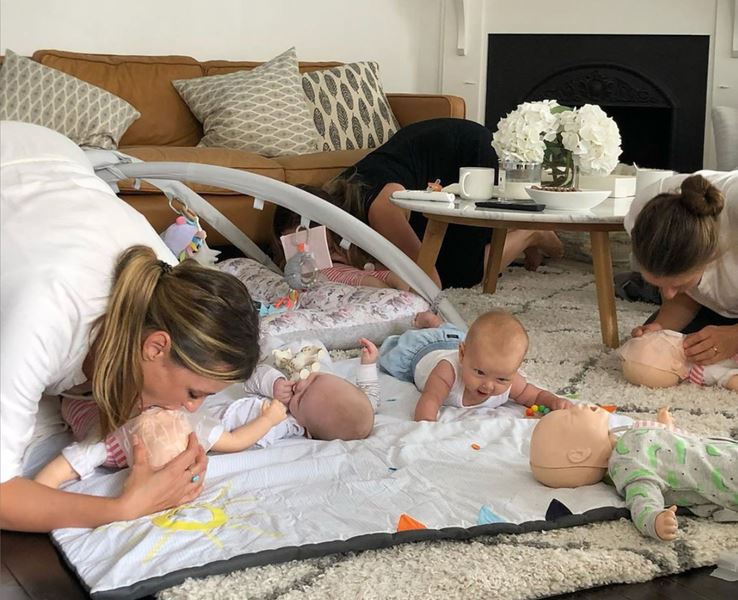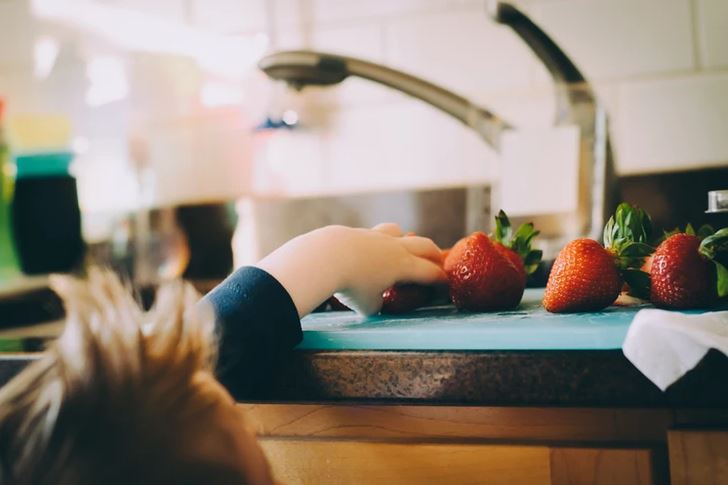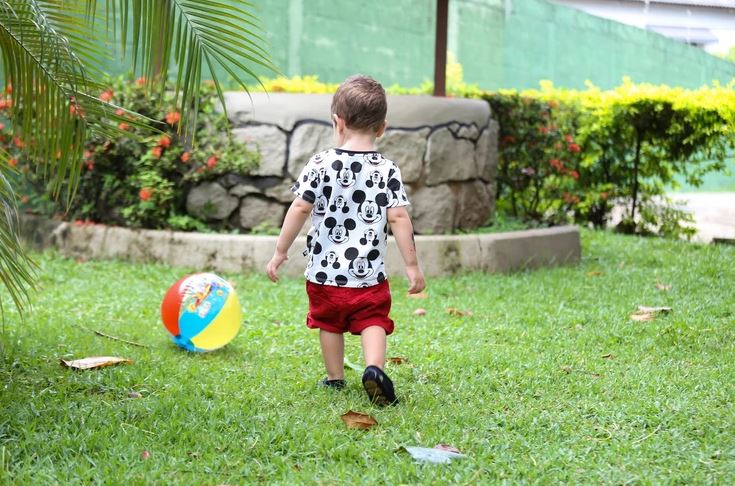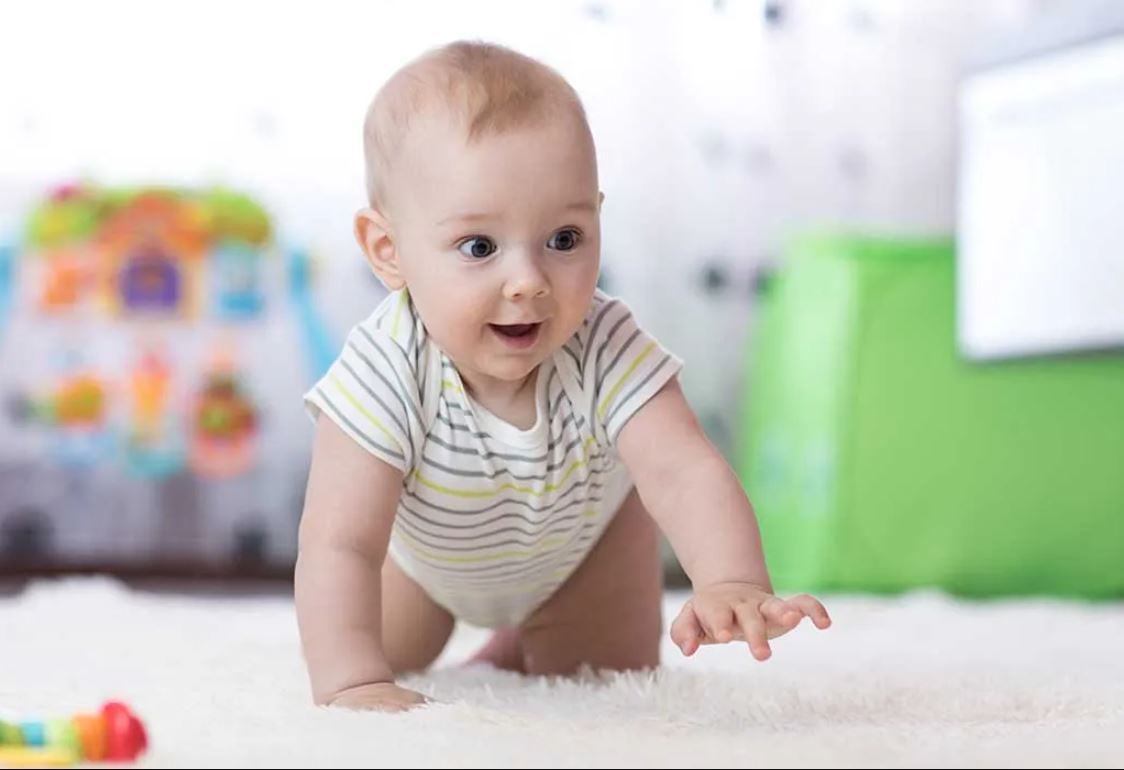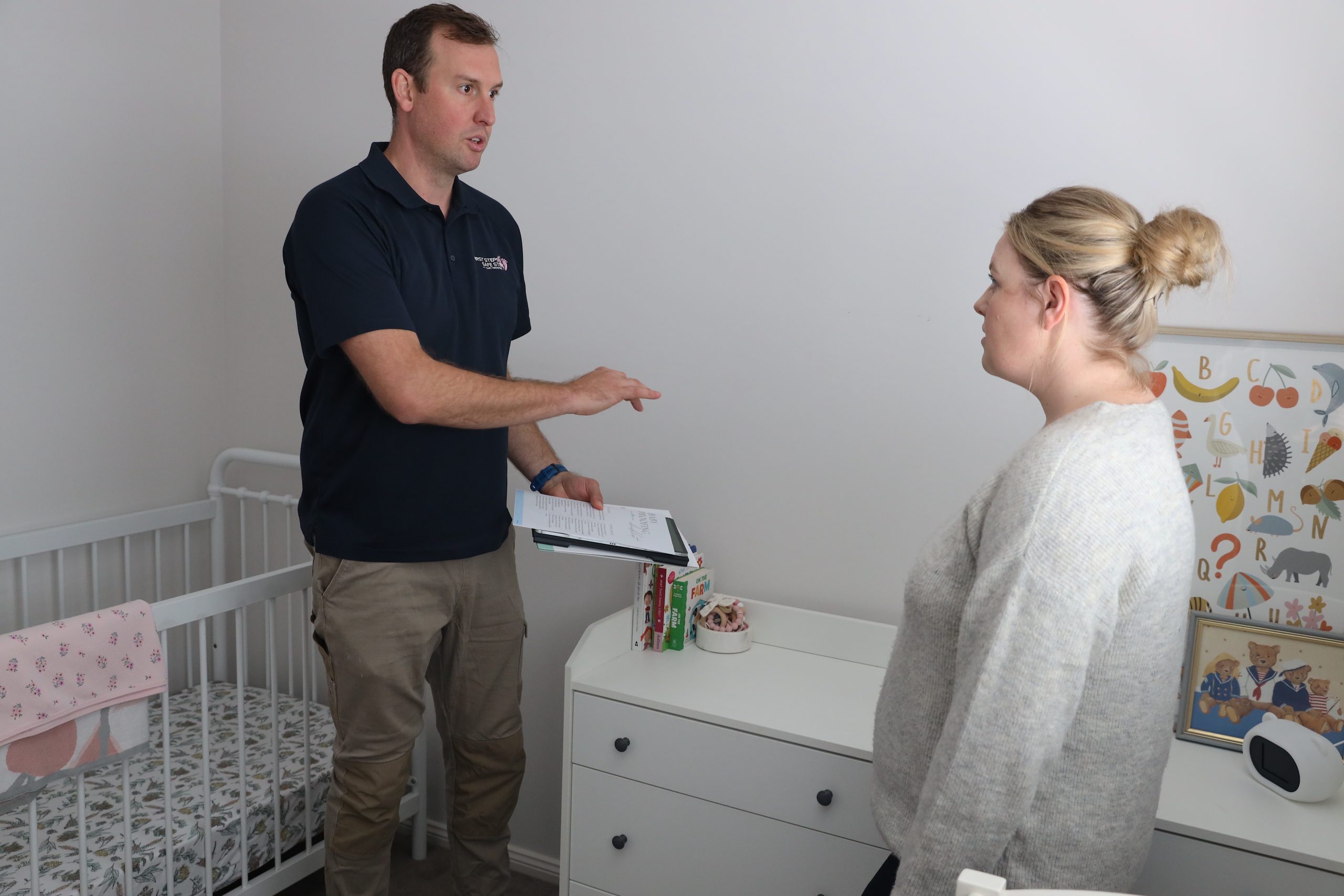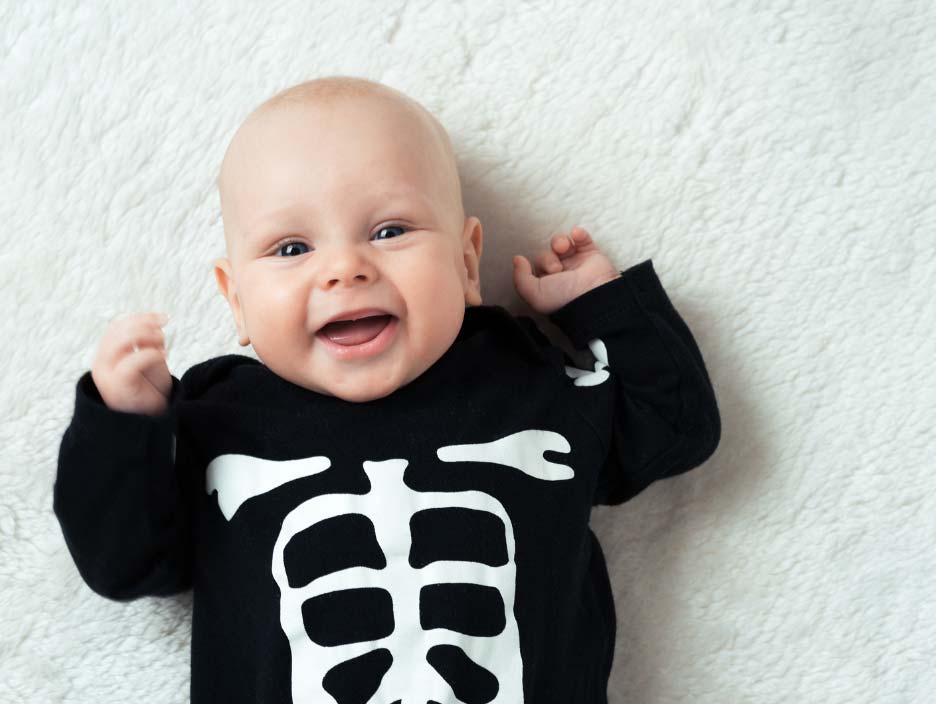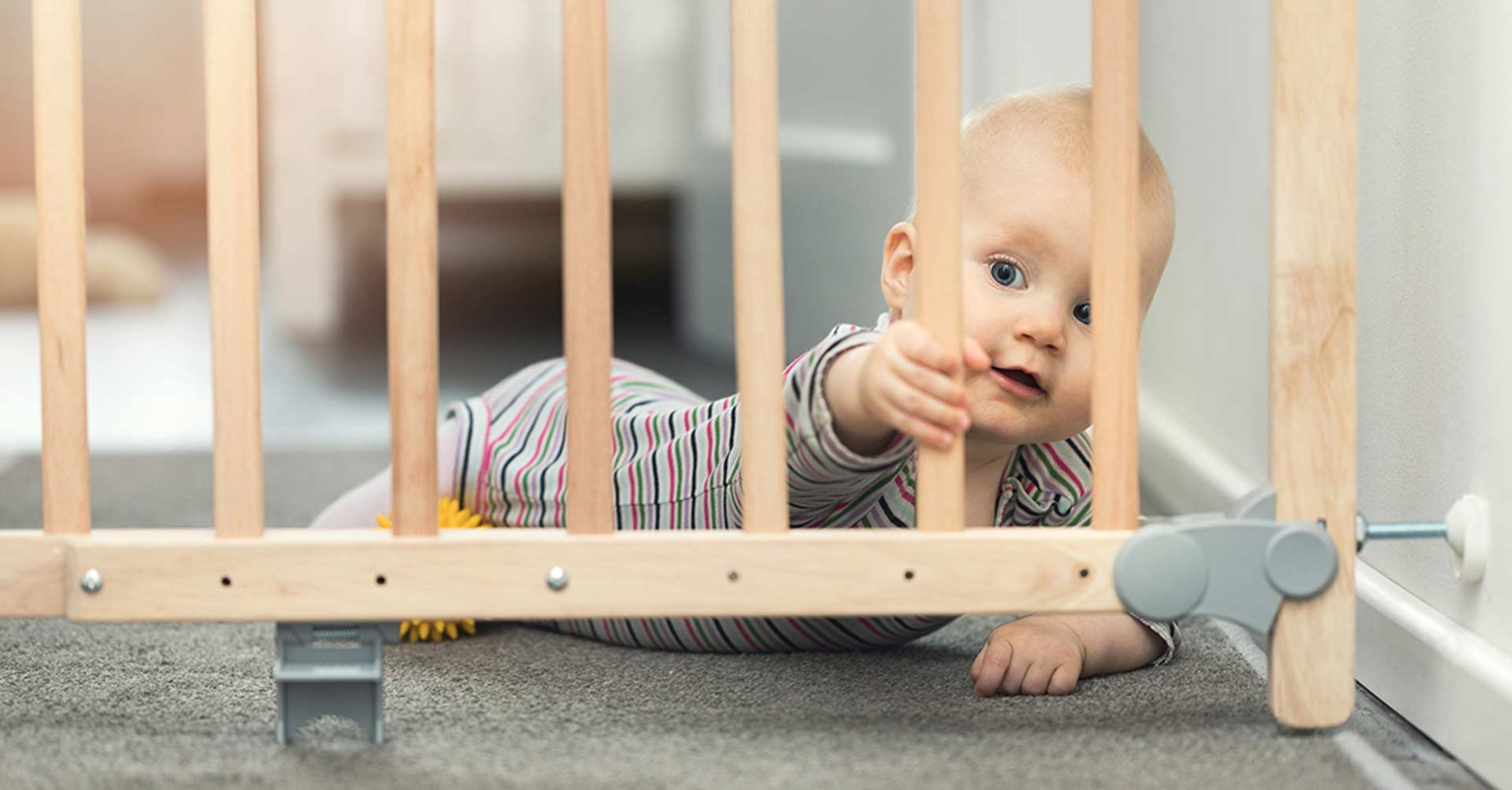As a parent, creating a safe environment for your child is a top priority, regardless of whether you rent or own your home. Baby-proofing plays a crucial role in safeguarding your little one as they explore and grow. If you are a tenant, it’s important to understand your rights and responsibilities when it comes to making modifications for baby-proofing purposes. In this article, we will discuss the considerations and guidelines for baby-proofing in rental properties, highlighting the significance of prioritising your child’s safety above all else.
-
Seek Written Consent:
Before installing baby-proofing products that require modifications to your rental property, such as securing furniture or installing safety gates, it is crucial to obtain written consent from your landlord. Review your rental agreement to check if it allows for such modifications or explicitly requires prior consent. Open communication with your landlord is key to ensuring everyone is on the same page regarding the changes you plan to make.
-
Minor Modifications and Landlord Consent:
In some cases, certain modifications may be considered “minor” under rental agreements. According to regulations, landlords must not unreasonably withhold consent for minor modifications. Examples of minor modifications typically include securing furniture to non-tiled walls for safety reasons, fitting childproof latches to outdoor gates, installing window safety devices, fly screens, child safety gates inside the property, as well as installing or replacing internal window coverings like curtains and removable blinds.
-
Safety Over Wall Integrity:
When considering modifications for baby-proofing, always prioritise the safety of your child. Remember that no hole in the wall is worth compromising your child’s well-being. Ensure that any modifications are carried out with care and responsibility, keeping in mind that they can be reverted or repaired when you eventually move out.
-
Communicate with Your Landlord:
Initiate a conversation with your landlord to discuss your intentions for baby-proofing. Clearly explain the modifications you plan to make and address any concerns they may have. By demonstrating your commitment to safety and responsibility, you can work together to find mutually agreeable solutions. Maintaining a positive and respectful relationship with your landlord is beneficial in creating a safe environment for your child.
-
Professional Baby-Proofing Services:
If you feel uncertain about the modifications required or overwhelmed by the process, consider consulting professional baby-proofing services. These experts have the knowledge and experience to assess your rental property and suggest appropriate solutions that meet safety standards while minimising potential damage. They can provide valuable guidance and tailored recommendations to suit your specific needs.
Renting a home does not mean compromising your child’s safety. By understanding your rights and responsibilities as a tenant, you can successfully navigate the process of baby-proofing your rental property. Seek written consent from your landlord, focusing on minor modifications that enhance safety. Remember, no hole in the wall is more valuable than your child’s well-being. Maintain open communication with your landlord, fostering a respectful dialogue throughout the process. When in doubt, consider seeking professional baby-proofing services for expert guidance. By prioritising safety and responsible modifications, you can create a secure and nurturing environment for your little one to thrive, regardless of your renting situation.
For more information about rentals and making modifications in NSW visit NSW Government Fair Trading
